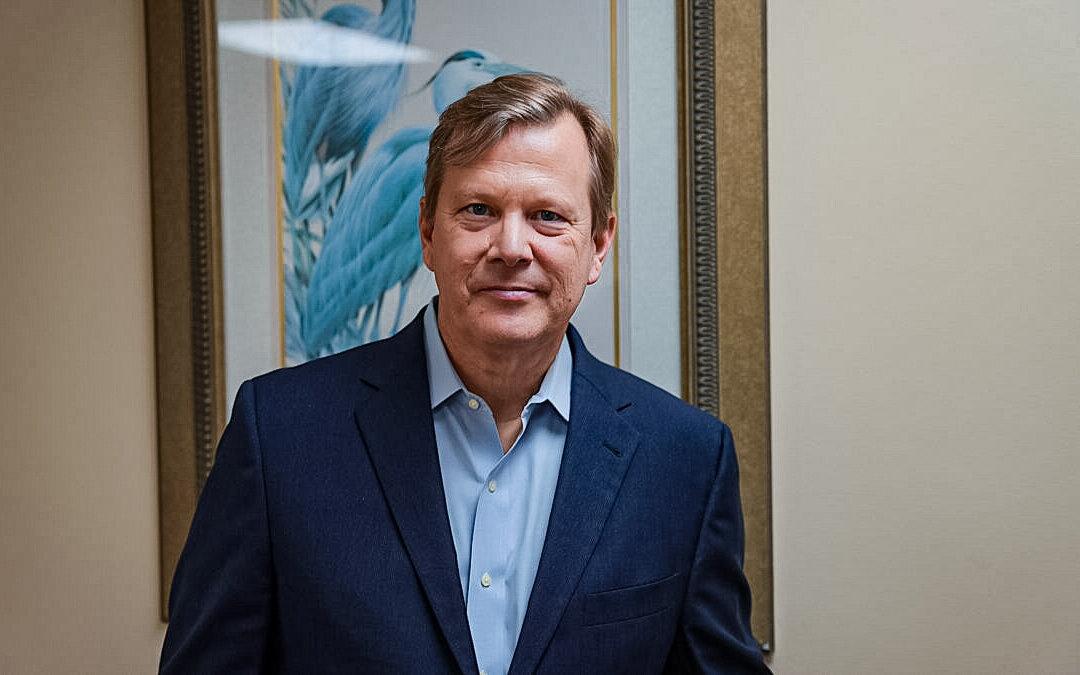In a new interview with EpochTV’s “American Thought Leaders” (ATL), investigative writer Peter Schweizer said that the U.S. fentanyl crisis is an operation run by the Chinese Communist Party (CCP).
Three months after the U.S. Department of the Treasury sanctioned a Chinese mafia leader for fentanyl trafficking, he received an award in Beijing.





